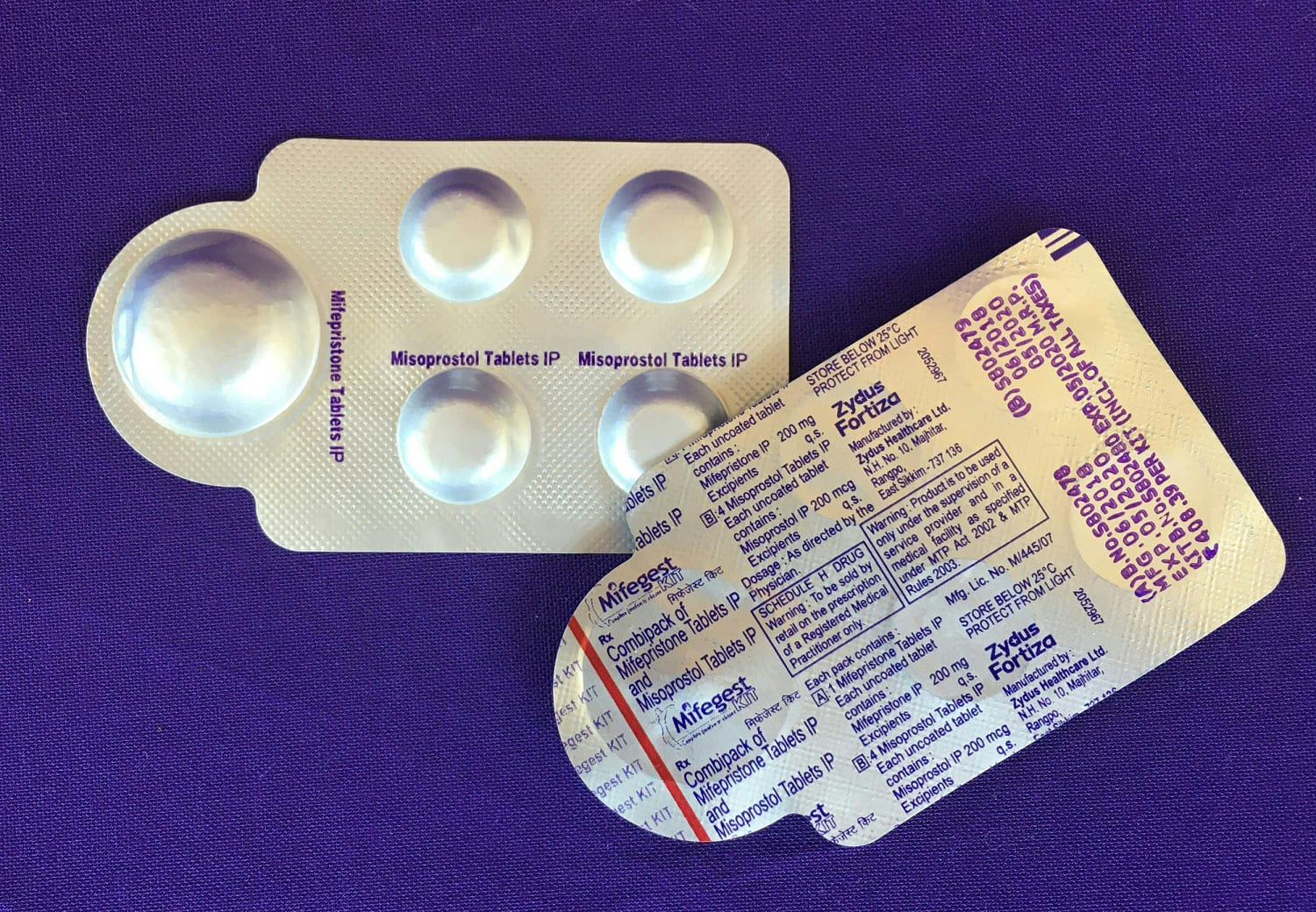Louisiana governor signs bill classifying abortion pills as controlled dangerous substances


The policy drew support from anti-abortion advocates and alarm from medical professionals and abortion-rights activists in a state where both medication and surgical abortion are illegal, except in very limited circumstances.
President Joe Biden said in a statement Thursday that the bill was “outrageous” and that this was “a direct result of Trump overturning Roe v. Wade.”
“This is a scary time for women across America,” Biden said, adding that if Trump were re-elected he would “try to make what is happening in states like Louisiana a reality nationwide.”
Medical professionals have spoken out against the measure, saying the medications have critical uses outside of abortion care, including aiding in labor and delivery, treating miscarriage and preventing gastrointestinal ulcers.
The law also criminalizes “coerced criminal abortion by means of fraud,” prohibiting someone from knowingly using the medications to cause or attempt to cause an abortion without the consent of the pregnant person. That would be punishable by up to 10 years in prison, or up to 20 years if the person is three months or more into a pregnancy.
Categorizing the medications as controlled and dangerous was an amendment to the bill after it passed the state Senate the first time.
Republican state Sen. Thomas Pressly said during a debate Thursday that he brought the bill forward after the estranged husband of his sister, Catherine Herring, put abortion medication in her drinks without her consent while she was pregnant with the couple’s third child.
Mason Herring pleaded guilty to charges of injury to a child and assault of a pregnant person in February and was sentenced to 180 days in jail.
“We’re trying to restrict these drugs so that we can protect women and stop bad actors from accessing them,” he said.
“Louisiana has been very clear, we do not prosecute women when they are seeking an abortion,” he said. “But we’re also very clear that abortion is not legal in Louisiana.”
Louisiana Right to Life, an anti-abortion organization that supported and helped write the bill, said in a statement that the law “will protect women like his sister for decades to come.”
State Sen. Royce Duplessis, a Democrat, said the bill could lead to delays in care for women and listed the other uses of the medications outside of abortion care.
Those opposed to the bill have said the recategorization would require the drugs to be stored at certain facilities, which could hurt rural clinics’ ability to access them and provide them to patients.
“To stand here and suggest that there will be no difference in access for these drugs is just not reality,” Duplessis said ahead of a vote on the policy.
“The bill is too far-reaching. We have not properly vetted this with the health care community, and I believe it’s going to lead to harm further down the road,” he said.
“There’s a reason that we rank at the bottom in terms of health care. There’s a reason we rank at the bottom in terms of maternal health outcomes for women in this state,” he said.
Abortion is banned in Louisiana with limited exceptions, which include to save a pregnant person’s life, to prevent “serious risk” to their health, and when the fetus is not expected to survive pregnancy. A legislative committee rejected a bill this month that would have added cases of rape and incest to the exceptions.
Doctors and reproductive rights advocates have expressed alarm at the law, which makes Louisiana the only state to categorize the two medications as controlled dangerous substances.
“They are safe and effective, and they are not dangerous drugs of abuse to be on a schedule of a controlled dangerous substance list,” emergency medicine physician Dr. Jennifer Avegno, the director of the New Orleans Health Department, told NBC News on Tuesday. “From a medical standpoint, health care providers think this is bad science and not well-informed.”
“This is not about abortion. This is about using these drugs, routinely, for many, many other things. Mainly, No. 1, to facilitate safe childbirth, No. 2, [for] miscarriage management,” she said.
Avegno is one of more than 250 doctors who said in a letter to Pressly that reclassifying the medications would create “the false perception that these are dangerous drugs that require additional regulation” and that the proposal was “not scientifically based.”







